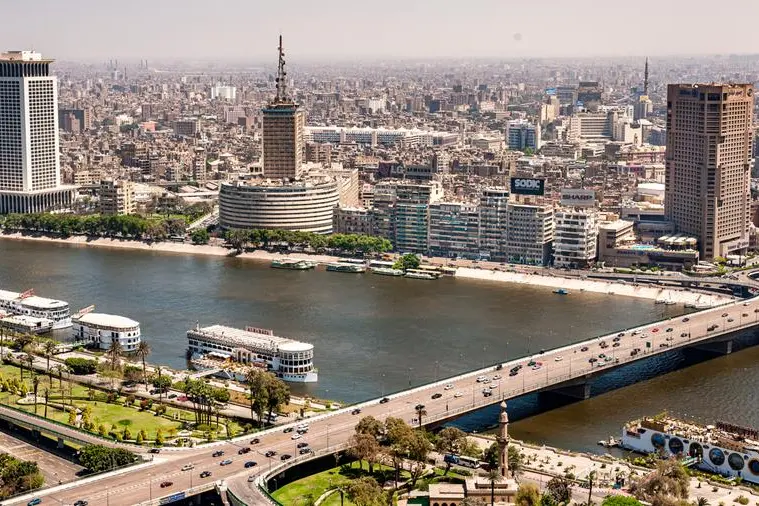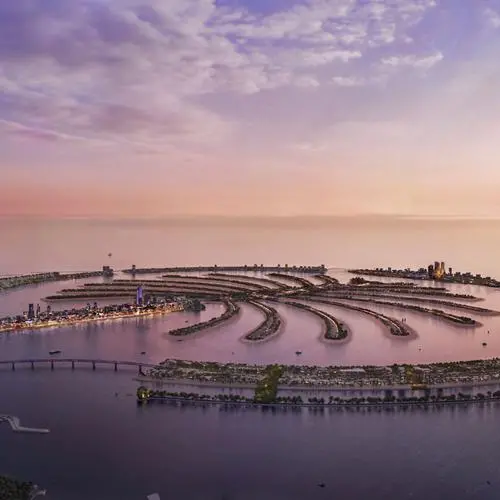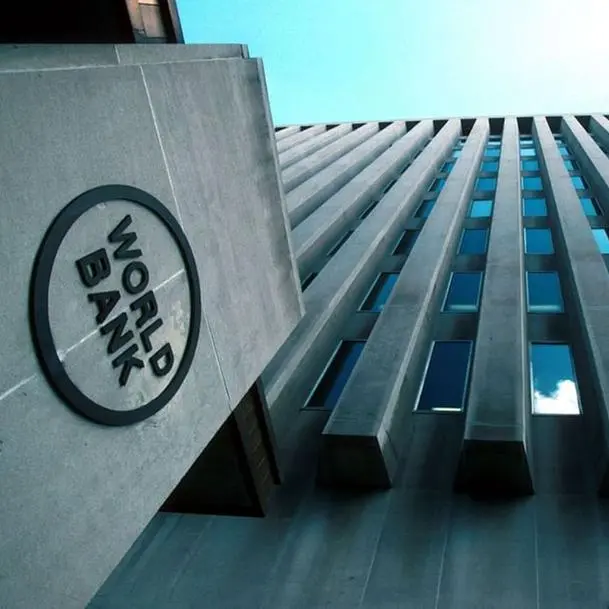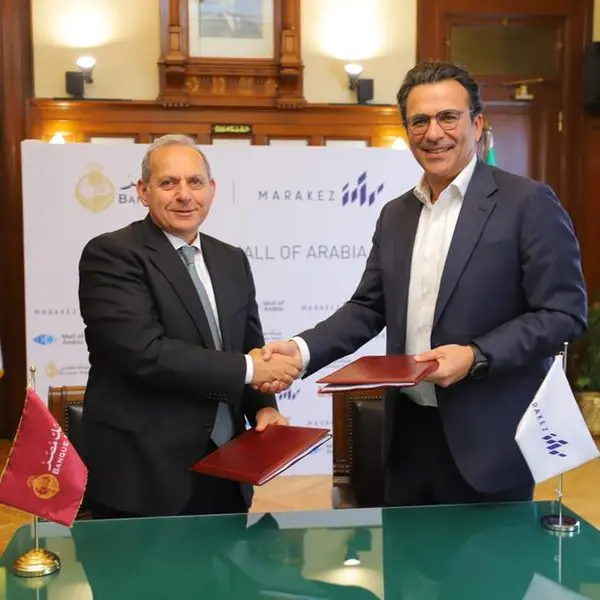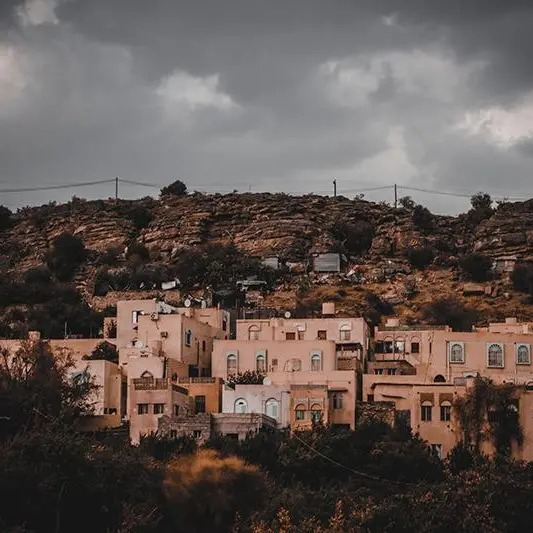PHOTO
Since beginning its operations in Egypt, International Finance Corporation (IFC) has invested and mobilised more than $7 billion in investment projects and has an advisory portfolio amounting $34 million in the Arab country.
These investments have supported the Egyptian private sector in key areas such as access to finance, fintech, climate finance, manufacturing, infrastructure and renewable energy, healthcare, and gender.
These details were disclosed in the press statement announcing IFC’s appointment as the strategic advisor for the Egyptian government’s Asset Monetisation Programme, which will focus on harnessing private capital and know-how to manage state-owned assets.
The programme is part of the government’s State Ownership Policy (SOP), a new framework rolled out in December 2022 aiming to empower the country’s private sector across sectors to spur economic growth, the press statement on Sunday said.
As per the Transaction Advisory Services Agreement (TASA) signed in the presence of Prime Minister of Egypt Mostafa Madbouly, the IFC will provide the government with technical assistance and advisory support to develop a strategy and implementation plan, help structure and prepare assets for sale - including improving corporate governance - and ultimately implement selected approved transactions.
The Minister of International Cooperation and Egypt’s Governor at the World Bank Rania A Al-Mashat said TASA is the first operation to be signed under the recently launched 2023-2027 Country Partnership Framework with the World Bank Group, specifically supporting the government’s SOE reform agenda and harnessing private capital.
“As the Government’s strategic advisor for the Asset Monetisation Programme, IFC will provide advisory support and technical assistance to identify a privatisation model for each SOE, acknowledging the potential target investors, and defining the sale process for each SOE under the program,” she said.
The top sectors for IFC investments, according to the Ministry of International Cooperation, have been green finance ($1.8 billion); start-ups ($340 million); sustainable manufacturing ($270 million); agribusiness ($200 million) and fintech ($95 million).
Among IFCs notable achievements were consultancy and technical services for the first public-private partnership (PPP) sewage treatment plant in New Cairo. Additionally, the financial institution helped design the solar Feed-in-Tariff programme to attract private investments for Benban Solar Park, the world’s largest solar installation, and also led a consortium of nine international banks to raise $653 million in debt to finance the construction of solar power plants in Benban.
IFC’s advisory and technical services portfolio in Egypt currently stands at an estimated $34 million, comprising finance (33 percent), manufacturing, agribusiness, and services (25 percent), public-private partnerships (15 percent), and the Environmental, Social, and Governance (11 percent). IFC has also promoted gender equality and empowerment by extending support to over 5,500 women-owned companies and entrepreneurs.
By the end of May 2023, IFC's portfolio in Egypt for the year is estimated to reach approximately $1.4 billion, with infrastructure and renewable energy projects accounting for 36 percent of the total, followed by manufacturing at 20 percent, and agricultural business and financial services at 15 percent each.
(Writing by Eman Hamed; Editing by Anoop Menon)
(anoop.menon@lseg.com)
